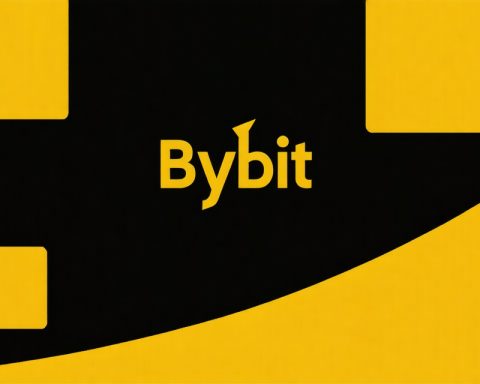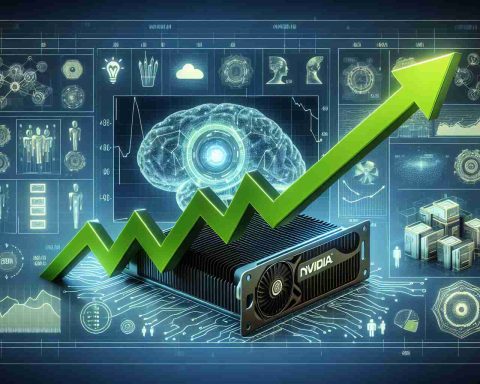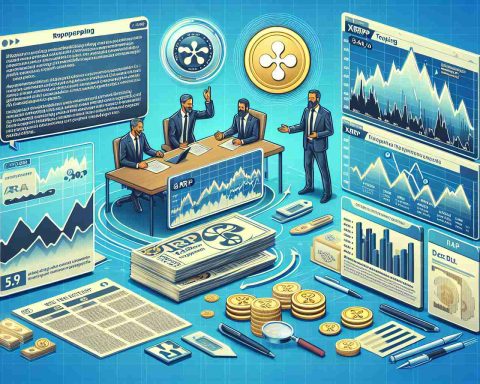Pittsburgh, often celebrated for its rich industrial history, is swiftly becoming a hub for technology and innovation. This transformation brings both exciting prospects and potential downsides for residents.
Pros: One of the major advantages of living in Pittsburgh is the booming tech scene. With Carnegie Mellon University at its core, the city attracts cutting-edge technology companies focused on artificial intelligence and robotics. Tech giants like Google and Uber have established a significant presence, offering numerous job opportunities. Moreover, Pittsburgh’s cost of living remains relatively affordable compared to other tech-centric cities like San Francisco or Seattle, allowing professionals to enjoy a better quality of life without breaking the bank.
Additionally, Pittsburgh’s strong sense of community and vibrant cultural scene make it an appealing place for families and young professionals alike. The city’s green spaces, public parks, and the emerging trend of smart urban planning provide an enhanced urban living experience.
Cons: However, the city isn’t without its challenges. As Pittsburgh continues to grow in the technological domain, there are concerns about the potential for increasing gentrification and rising property prices. The city’s aging infrastructure may struggle to keep up with the rapid influx of tech companies and new residents, leading to potential issues in public transportation and other city services.
As Pittsburgh strides towards a tech-driven future, its residents must weigh these pros and cons. For some, the city’s new technologies and opportunities present an enticing prospect; for others, the challenges may prove overwhelming.
Pittsburgh’s Technological Transformation: A Glimpse Into the Future
Pittsburgh is undergoing a significant metamorphosis from its industrial past to a promising future centered on technology and innovation. With Carnegie Mellon University as a pivotal force, this city is emerging as a prime location for tech firms, drawing industry giants and innovative startups in artificial intelligence and robotics. While this shift brings numerous advantages, it also presents complex challenges with far-reaching implications for the environment, humanity, and the economy.
Impact on the Environment:
The tech revolution in Pittsburgh has the potential to drive significant environmental advancements. As companies focus on AI and robotics, there is room for developing technologies that promote sustainability. For instance, smart urban planning facilitated by AI can optimize resource use, reduce waste, and improve energy efficiency. Robotics can play a role in recycling processes and in the creation of eco-friendly materials. Furthermore, the push for green spaces in Pittsburgh signifies an understanding of preserving natural environments amidst urbanization.
However, this transformation also poses environmental concerns. The influx of new buildings and infrastructure development may lead to increased carbon emissions. If not managed properly, the demand for expansion could encroach on natural habitats, affecting biodiversity. As tech companies establish themselves, there is an opportunity to pioneer environmentally responsible practices and lead by example.
Impact on Humanity:
The blend of technology and community in Pittsburgh could set a precedent for the future of urban living. On one hand, the city’s tech-driven evolution offers vast opportunities for employment and education, enhancing quality of life through modern conveniences and smart city solutions. Access to innovative job markets and educational institutions can empower individuals with new skills and knowledge, fostering a community of forward-thinking professionals and families.
On the other hand, the risk of gentrification looms large. If property prices soar, long-term residents might be priced out of their neighborhoods, leading to decreased diversity and cultural richness. This demographic shift may erode the community’s social fabric. It is crucial to strike a balance between progress and preservation, ensuring that technological benefits do not come at the expense of equitable community development.
Impact on the Economy:
Pittsburgh’s emergence as a tech hub has economic implications that extend beyond local boundaries. By attracting major companies and startups, Pittsburgh has the potential to become a powerhouse for innovation-driven economic growth. This could contribute to national and even global economies through the creation of groundbreaking technologies and industries.
Nevertheless, the economic boom may not be uniformly beneficial for all city residents. Income disparity might widen as high-paying tech jobs inflate the economy, leaving existing or lower-income residents struggling with rising costs. It is vital for city planners and policymakers to implement strategies that support inclusive economic growth, including affordable housing initiatives and training programs that prepare residents for emerging job markets.
Connections to the Future of Humanity:
Pittsburgh’s journey serves as a microcosm of broader global transformations where cities are increasingly pivoting towards technology and innovation. Lessons learned from its transition could inform other urban centers on harmonizing technological advancement with social and environmental responsibility. As humanity progresses, cities like Pittsburgh could offer blueprints for sustainable and inclusive communities that thrive in the 21st century.
In essence, Pittsburgh’s future hinges on its ability to embrace technological potential while addressing the associated challenges. Its path forward can inspire future generations to seek innovative solutions that align technological progress with human values and environmental stewardship, fostering a world that is both prosperous and sustainable.
Pittsburgh: The New Tech Epicenter? Unveiling the Innovations and Challenges
The bustling transformation of Pittsburgh from a city rooted in industrial history to a burgeoning tech hub is drawing widespread attention. With an increasing number of technology firms establishing roots in the Steel City, the impacts are profound and multifaceted. This article delves into the latest developments and forecasts for Pittsburgh as it emerges as a leading player in the tech industry, while also scrutinizing the potential hurdles that accompany such rapid growth.
Innovations and Tech Trends
A striking feature of Pittsburgh’s tech renaissance is its leadership in artificial intelligence (AI) and robotics research, spearheaded by institutions like Carnegie Mellon University. The city is also home to an expanding ecosystem of startups, entrepreneurial ventures, and innovation incubators that foster cutting-edge technology solutions. This trend is complemented by the presence of key industry players such as Google and Uber, which contribute both to the economy and to technological advancements in autonomous vehicles, machine learning, and data analytics.
Noteworthy Collaborations and Use Cases
The synergy between academia and industry is central to Pittsburgh’s technological advances. Collaborative projects between universities and tech firms have resulted in promising applications of AI in healthcare, logistics, and urban planning. For instance, local hospitals are leveraging AI-driven diagnostics to enhance patient care, while startups are utilizing robotics for automated manufacturing processes, showcasing Pittsburgh’s expanding influence in diverse domains.
Real Estate Implications and Urban Challenges
Pittsburgh’s allure as a tech haven is reflected in its real estate dynamics. As demand for office spaces and tech-centric neighborhoods grows, real estate prices have shown an upward trajectory. This has sparked debates on gentrification and the accessibility of affordable housing. The city is grappling with updating its aging infrastructure to accommodate new residents and ensure efficient urban mobility, which is crucial to sustaining its growth momentum.
Sustainability and Smart City Initiatives
Commitment to sustainable development is a priority as Pittsburgh evolves. Efforts to implement smart city technologies highlight this focus, aiming to optimize energy use, reduce emissions, and enhance urban living standards. These initiatives align with global trends emphasizing environmentally conscious urban planning, which may model future tech cities aiming for the delicate balance between innovation and sustainability.
Predictions and Future Outlook
Looking ahead, Pittsburgh’s trajectory seems promising but also replete with challenges. Predictions suggest an amplified role in cybersecurity advancements, given its robust tech infrastructure and strategic location. However, addressing socio-economic disparities and ensuring equitable growth remains a crucial consideration.
Conclusion
Pittsburgh’s metamorphosis into a tech-centric city is undeniably exciting but embodies a complex mix of advantages and potential pitfalls. As it strides into this new era, the balance between technological innovation and community well-being will define its path. For further information on Pittsburgh’s tech landscape, visit Visit Pittsburgh.












